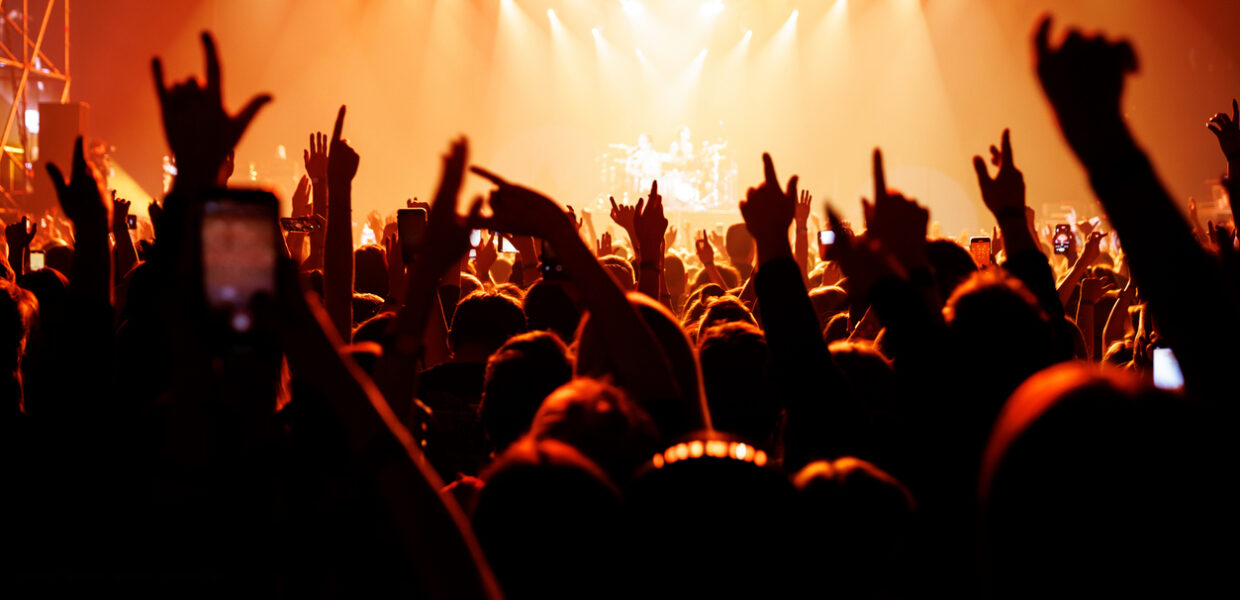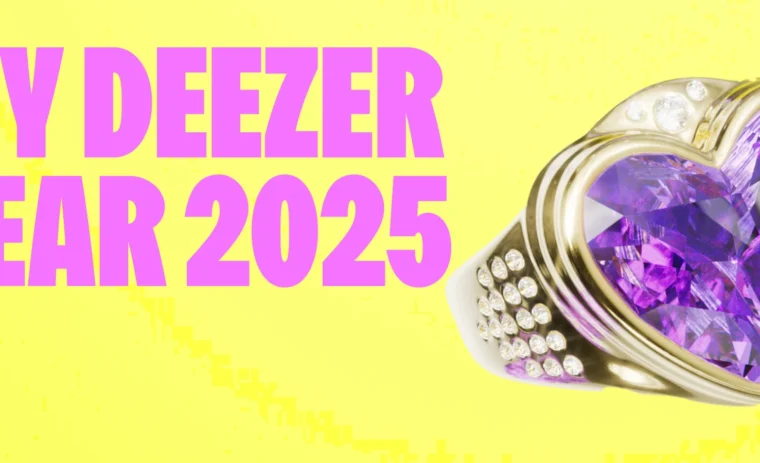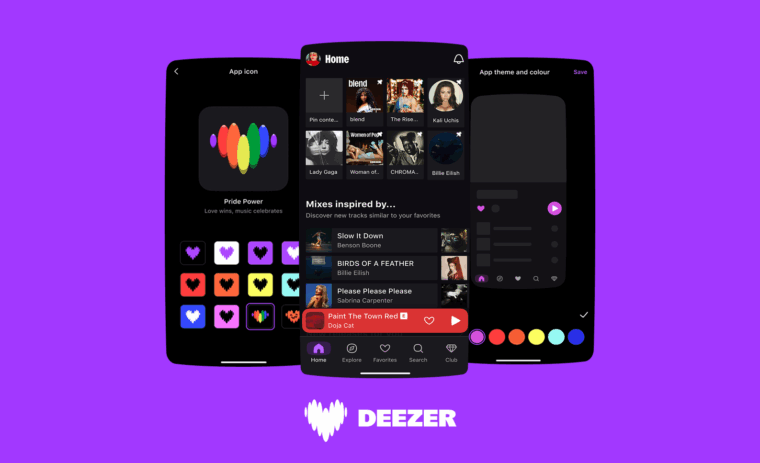What turned a song into a protest song? Was it the beat, the lyrics, or the people who adopted it? The answer lies in the rhythm, the rhyme and the power of the music to act as a rallying cry for change. These anthems resonate on a deeper level, echoing calls for justice and freedom. Let’s find out which tracks have transformed personal struggles into collective movements.
Historical anthems of change
The chronology of protest music goes back to songs that became pivotal in social revolutions. Each track, a symbol of its time, has helped shape public consciousness around pressing societal issues.
Early twentieth century
In the early parts of the 20th century, musicians laid the groundwork for what would become a powerful vehicle for societal critiques and demand for change.
- “Strange Fruit” by Billie Holiday: this poignant song, released in 1939, brought the cruel realities of racism and lynching to the forefront of American consciousness. Its brutal lyrics force listeners to confront the bitter truths of racial violence.
- “We Shall Overcome”: emerging as a protest anthem during the civil rights movement, this song symbolizes hope. It galvanized activists, serving as a unifying force during marches and sit-ins.
Songs of the 60s and 70s
The 1960s and 1970s saw a resurgence of musical activism, with songs dealing with everything from racial injustice to the Vietnam war and peace.
- “Blowin’ in the Wind” by Bob Dylan: released in 1962, this song became an anthem for change. With its poignant lyrics questioning the prevalence of injustice, it was used as a rallying cry for the civil rights movement and anti-war protests.
- “Fight the Power” by Public Enemy: released in 1989, this sound tackled racism head-on, urging listeners to speak out against systemic oppression. It became a signature sound for the empowerment of African-American communities.
- “Imagine” by John Lennon: In 1971, Lennon invited listeners to envision a world united in peace, devoid of borders, religions, and material possessions. This song becomes a timeless plea for global harmony.
Modern movements and music
At the dawn of the 21st century, music is adapting to modern protests and resonating through new voices and global movements. Today’s artists are leveraging their platforms to highlight issues, rally fans around the world and bring about meaningful change.
- Kendrick Lamar and Beyoncé: these artists are at the forefront of modern protest music. Kendrick Lamar’s “Alright” has become the unofficial anthem of the Black Lives Matter movement, symbolizing hope and resistance in the face of racial injustice. Similarly, Beyoncé’s “Freedom” features strong motifs of empowerment and perseverance, which find broad resonance in various social justice campaigns.
- Recent impactful songs: tracks like Childish Gambino’s “This is America” bluntly criticize gun violence and racism in the United States. These songs unveil the deep-rooted problems within policies and reforms.
Around the globe, protest songs resonate in national movements, proving that the power of music transcends borders.
- “Ai Se Eu Te Pego” in Brazil: while originally a pop hit, this song gained a political dimension as protesters adapted its catchy refrain during massive demonstrations against corruption and government policies.
- “Prathet Ku Mee” (Which is My Country) in Thailand: This song became a rallying cry during Thailand’s democracy movements, a symbol of resistance against the authoritarian rule.
Themes and messages in protest songs
- Peace and justice: songs like John Lennon’s “Imagine” and Marvin Gaye’s “What’s Going On” advocate for peace and call for social justice.
- Freedom and rights: Bob Marley’s “Redemption Song” emphasizes emancipation from mental slavery and oppression.
- Educational Power: Motown’s soulful lyrics entertained and highlighted issues of racial inequality and civil rights. An embodiment of the spirit of change and unity at a pivotal time.
Music is a powerful catalyst for social change, weaving messages of justice, peace and unity into the fabric of society. Through iconic anthems and modern hits, artists inspire us to think, act and stand together. When we engage with these songs, whether with playlists, performances or personal reflections, we connect to a collective voice pushing for transformation. Discover the power of protest music and its profound impact across generations on Deezer.






